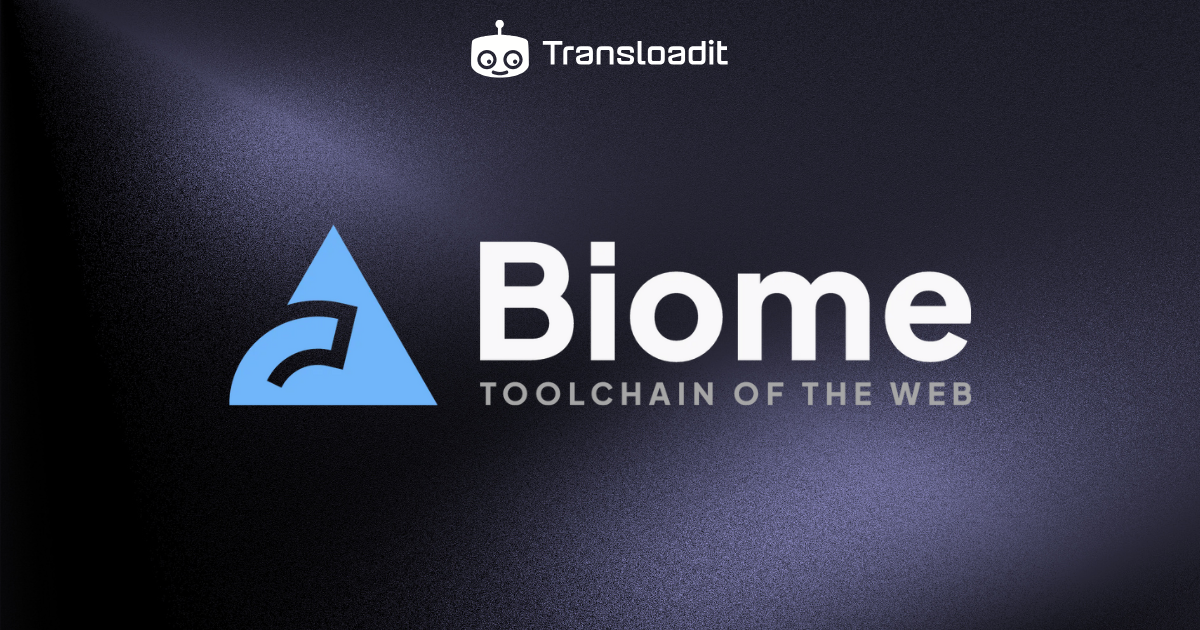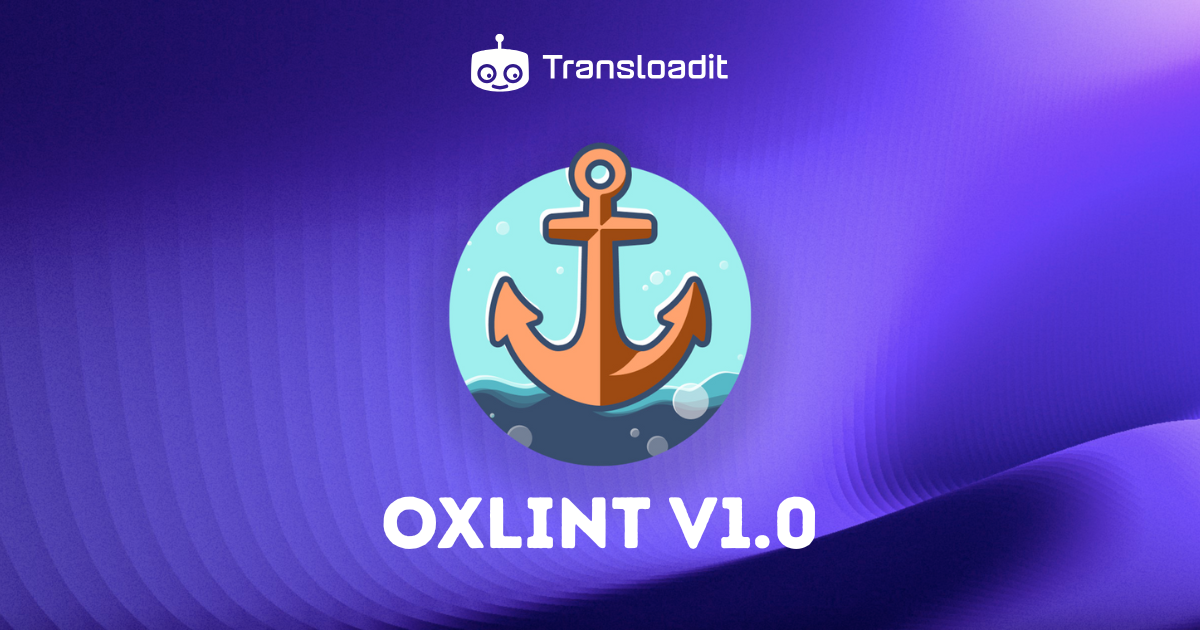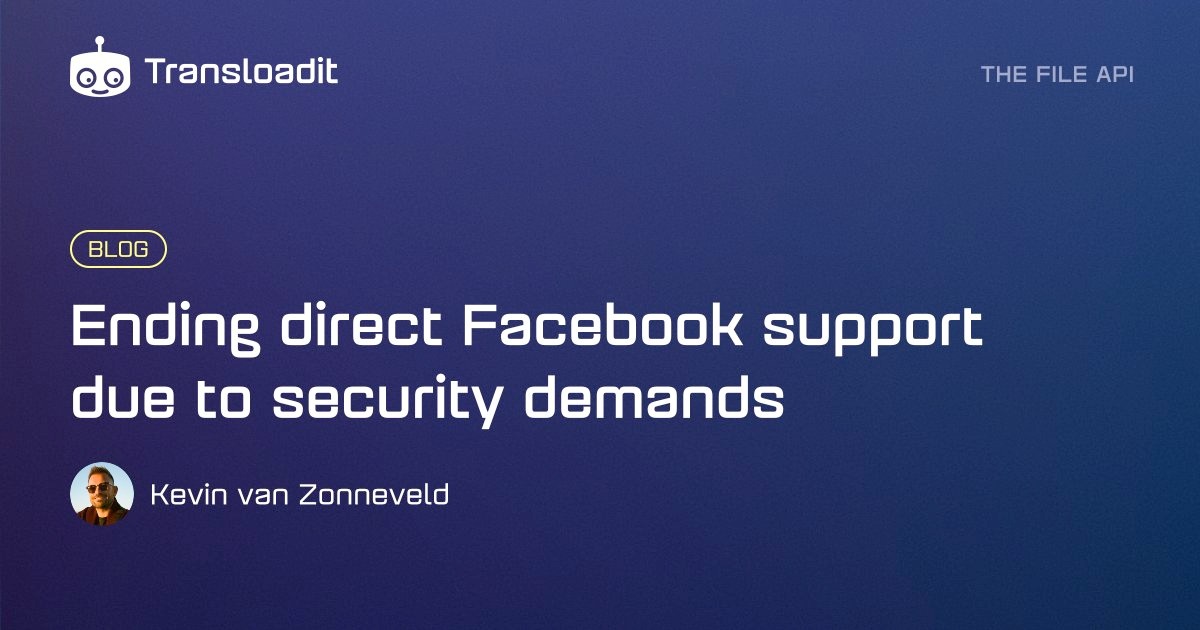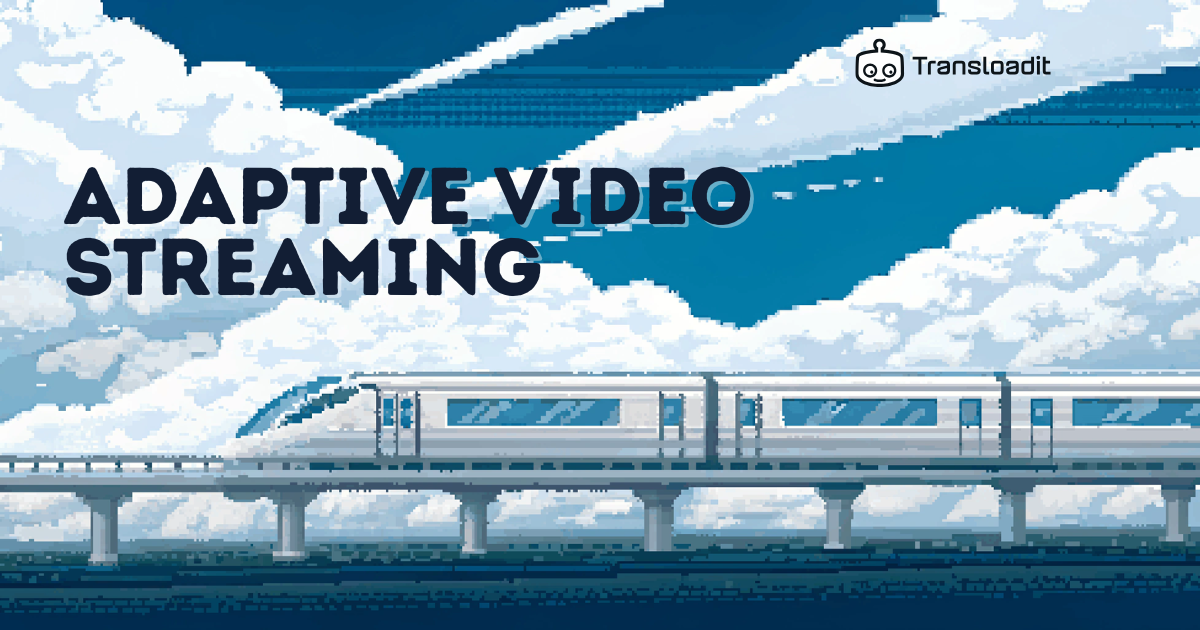The Dev Times #92

Halfway through each month, our newsletter for developers: The Dev Times, brings three reads that our own developers found interesting on the web, and two Transloadit updates that may interest you.
Biome v2 – "Biotype"
Over the last two years, Biome has established itself as part of the modern JavaScript toolchain. Now, the Biome team wants to continue building on that success with the release of Biome v2, codenamed "Biotype". Biome v2 brings new configuration options, improved diagnostics, and a host of new linting rules. With better mono-repo support, multi-file analysis and built-in type inference, it is safe to say that Biome is well worth trying for those who are yet to give it a shot. Find out more ›
PNG is back!
After more than twenty years of stagnation, PNG is experiencing a renaissance with the release of PNG Third Edition. This major update brings the venerable image format into the modern era with proper HDR support, official recognition of animated PNGs (APNGs), and native Exif data support. The revival is backed by an impressive coalition including Adobe, Apple, BBC, Google, and W3C, with widespread support already available in Chrome, Safari, Firefox, Photoshop, and DaVinci Resolve. Dive in ›
Oxlint v1.0 is now stable
The team at VoidZero has announced the stable v1.0 release of Oxlint, its high-performance JavaScript linter. As regular readers might recall, we've featured this nifty tool before, and we're excited to see it hit such a major milestone. Just like Biome, Oxlint offers major performance improvements over ESLint, running at approximately 10,000 files per second. With its first stable release, Oxlint now has a dedicated full-time maintainer, as well as a growing core team that intends to continue improving the linter for the foreseeable future. Read more ›
Ending direct Facebook support due to security demands
Following our recent challenges with Google's API changes, we're facing a similar situation with Facebook. Despite successfully passing Facebook's annual security audits for years, their 2025 requirements have introduced demands that are incompatible with modern distributed work environments and, frankly, counterproductive to actual security. As a result, we can no longer maintain Transloadit's Facebook OAuth app, though customers can still use the integration with their own credentials. Learn more ›
Adaptive video streaming in Go with FFmpeg
Adaptive streaming is essential for delivering high-quality video content efficiently across various network conditions. In this DevTip, we explore how to implement adaptive video streaming in Go using FFmpeg, specifically focusing on HTTP Live Streaming (HLS) and MPEG-DASH formats. Before diving in, ensure you have a Go development environment set up and FFmpeg installed on your system. Check it out ›




